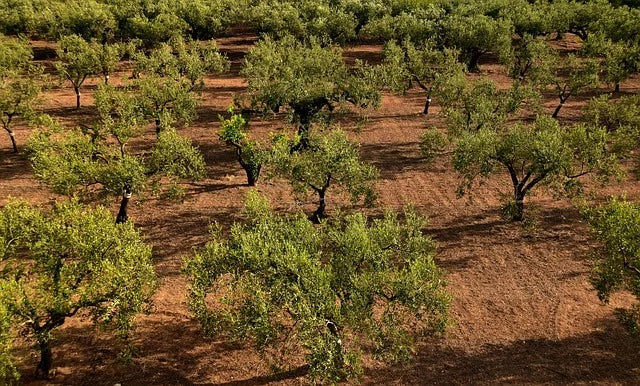May 11, 2021
Integrating modern technologies and traditional agricultural methods may be the key to feeding the world's growing population.
Bringing digital innovation to the primary sector is necessary to tackle the global challenges of the coming decades.
Agriculture is one of the oldest human activities and has not undergone major transformations for centuries. Around 1750 there was the first agricultural revolution, in which crop rotation and new methods of working the land were introduced. A second fundamental event was the mechanization of agricultural techniques between the two world wars, which laid the foundations of modern agriculture, increasing the efficiency and yield of the fields.
A century after the spread of the tractor, the rapid technological development that has already affected the secondary and tertiary sectors is about to revolutionize the agricultural world as well: we are about to enter the era of agriculture 4.0.
The term Agriculture 4.0, or precision agriculture, was first introduced at a workshop in Montana in 1990 and refers to a farm management strategy that uses modern technologies with the goal of increasing site-specific productivity, efficiency, and quality of agricultural products while minimizing environmental impact.
Agriculture 4.0 tools first of all allow you to have an always updated picture of the state of the fields. Thanks to satellite monitoring of crops and the use of drones and sensors, it is possible to collect data on soil conditions, plant health and environmental factors in real time. This information allows farmers to make informed decisions on irrigation, fertilization and pest control, optimizing the use of resources and reducing waste.
Additionally, the integration of artificial intelligence and machine learning algorithms enables predictive analytics, helping to anticipate problems and improve planning. For example, AI can predict disease outbreaks or pest invasions, allowing for timely interventions that can save crops and reduce the need for chemical treatments.
Boniviri, as a benefit company, embraces these innovations by collaborating with small Italian farms that adopt sustainable and technologically advanced practices. By supporting agriculture 4.0, Boniviri contributes to a more efficient, sustainable and resilient agricultural sector, capable of facing the challenges of the future.




